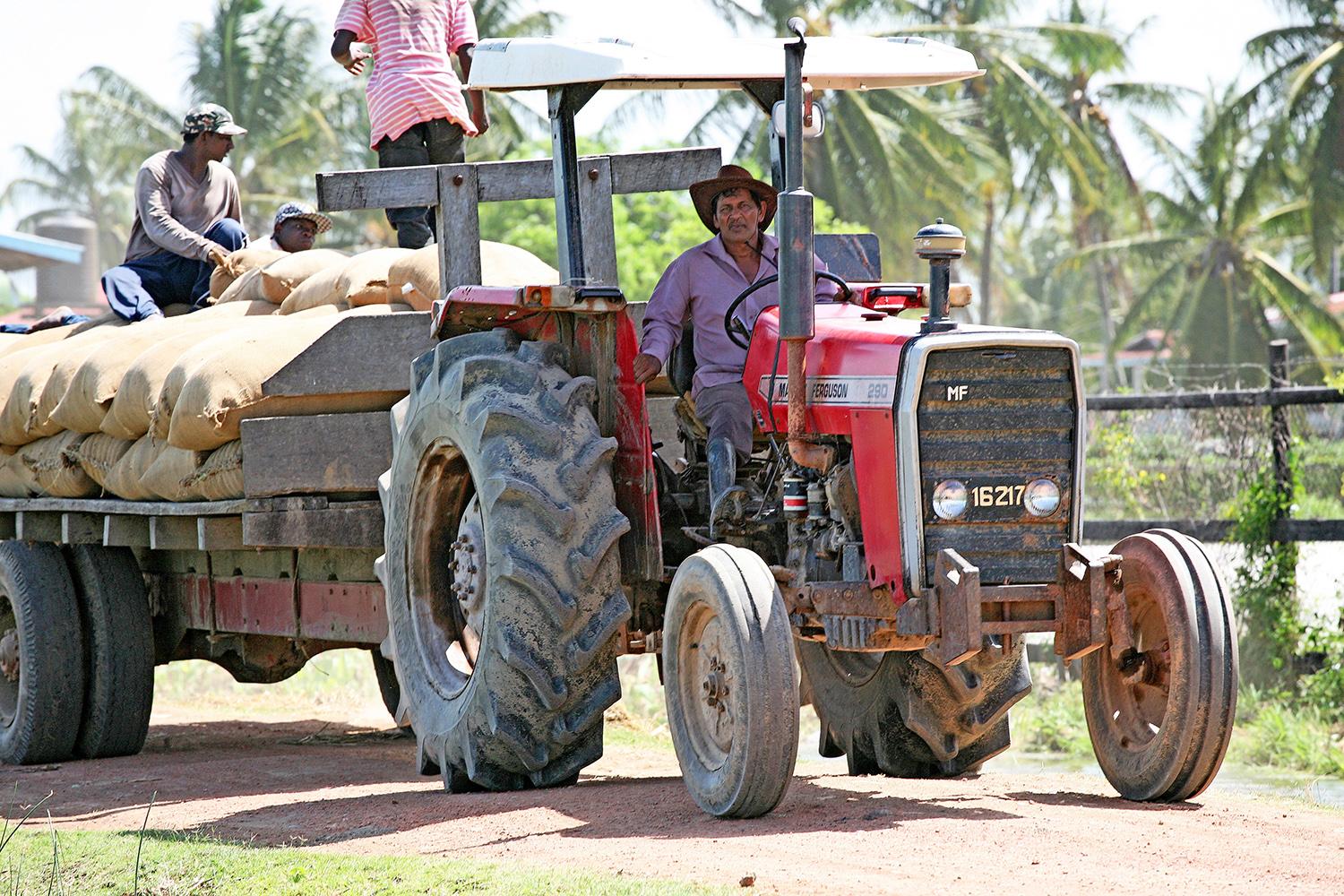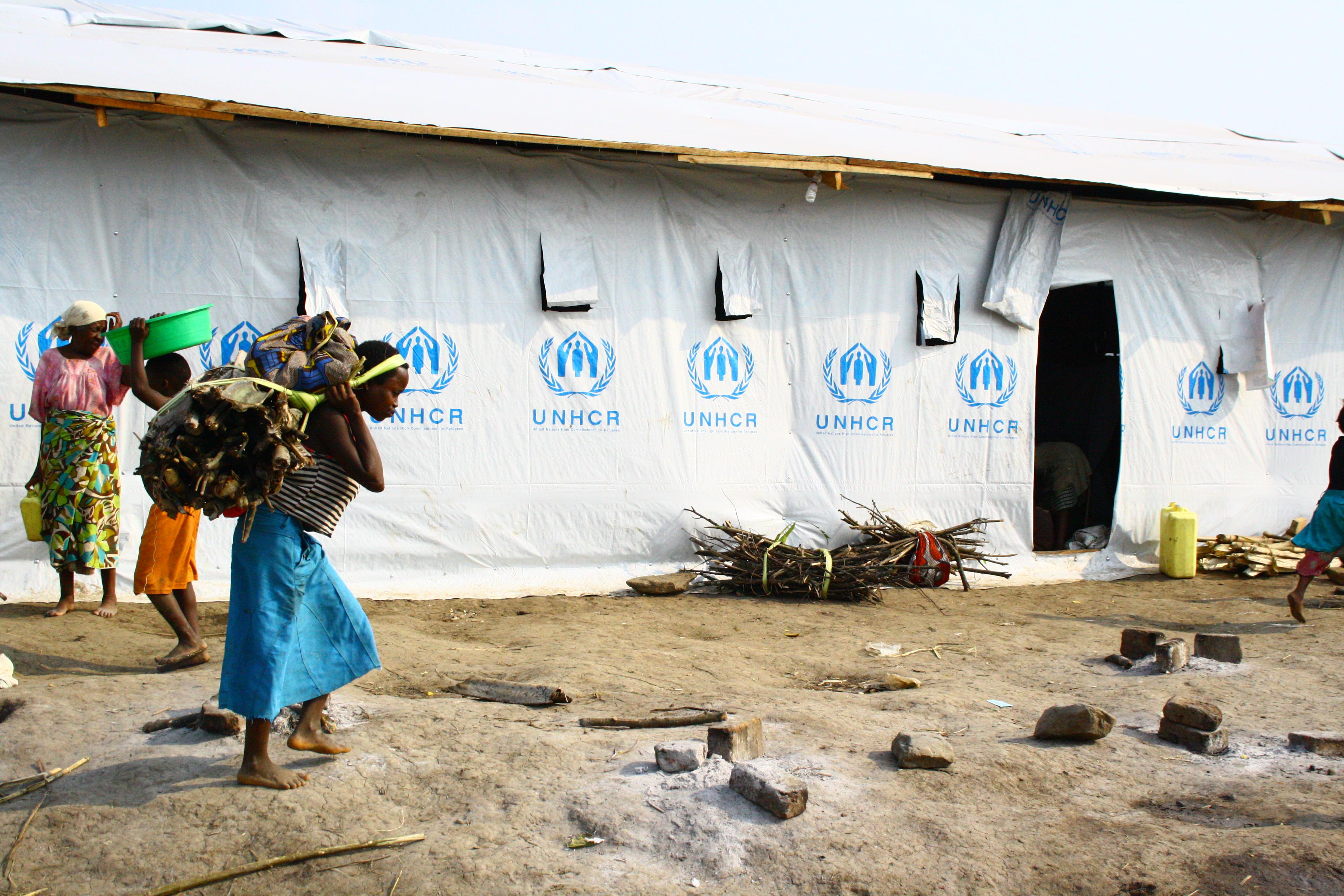Economic reforms in the 1980s and 1990s saw agricultural subsidies largely abandoned in Africa. However, subsidies have enjoyed a resurgence in the last two decades, as governments seek to boost growth and reduce poverty. Within these programmes, fertiliser subsidies have played an important part in helping to stimulate agricultural productivity.
In 2008, Ghana introduced subsidies on a range of fertilisers in response to the global food and energy crises. However, the programme has suffered numerous challenges and inefficiencies in implementation. In particular, Ghana’s subsidy rate of 50% is the highest in West Africa. This has encouraged smuggling to neighbouring countries where the market price of fertilisers is higher.
Reduced smuggling and more effective implementation
To prevent smuggling, a loose coalition of civil society organisations (CSOs) has established social accountability interventions in communities that are benefiting from Ghana’s Fertiliser Subsidy Programme (FSP). The activities they undertake include collecting and disseminating data, as well as monitoring the distribution of the fertilisers. The aim here is to improve transparency, identify incidents of smuggling and abuse, and so make implementation of the FSP more effective and accountable.
A new U4 Issue paper looks at research that evaluates the impacts of these social accountability initiatives. It finds the interventions have succeeded in reducing smuggling and have improved the operational design of the programme. For example, heightened awareness of smuggling has caused the government to introduce checks between initial fertiliser loading points and retailers. Crucially, the initiatives have also increased participation of citizens in public affairs.
A key lesson from the study is that the approach social accountability actors take influences the effectiveness of interventions. The initiatives largely depend on the goodwill of public officials. For instance, if CSOs are tracking budgets, they need the cooperation of officials to get access to expenditure and revenue data. CSOs have, therefore, mainly shifted from a hard (confrontational) to a softer (collaborative) approach. Hence, they are now increasingly working together with public officials in search of solutions.
The research also found that, whenever behind-the-scenes consultations failed to yield results, CSOs were able to reach out to their allies in the media to intensify pressure on government. Meanwhile, they would take pains to maintain the appearance of neutrality.
Logistical constraints and high personal costs
Despite successes and better cooperation, dependence on the helpfulness of public officials has itself created limitations. For example, the research found that officials could, and often did, put up an appearance of compliance while at the same time being responsible for intentional delays.
Additionally, the study found social accountability actors faced serious obstacles. These included logistical constraints, such data being unavailable or inadequate. They also had few resources to undertake their activities. Having to take time away from their farms or paid work in order to undertake (unpaid) social accountability activities created hardship for actors.
There was also found to be a high personal cost for people involved in social accountability initiatives. Monitoring anti-smuggling activities sometimes increased communal tensions to the point where social accountability actors felt their personal safety was at risk.
The CSOs lacked legal backing. However, perhaps the most serious obstacle they had to deal with was the complicity of political agents, public officials, traditional leaders, and community members in the diversion of subsidised fertilisers.
Potentially transformative
The paper concludes that Ghana’s social accountability initiatives could have a potentially transformative impact on the fight against corruption. However, the limitations and obstacles need to be overcome. In particular, donors, the government, and CSOs must consider how to strengthen the connection between social accountability and horizontal accountability mechanisms, such as the justice system, civil service, and formal anti-corruption bodies.
Social accountability in Ghana has also demonstrated how it is possible to mobilise anti-corruption activists and enhance the relationship between citizens and their local governments. This provides an opportunity that could be effectively scaled up. It is also consistent with new thinking about effective anti-corruption strategies, which recommends shifting from system-wide interventions to ones that target particular sectors where anti-corruption is bothfeasible and potentially high impact.
Ghana’s Fertiliser Subsidy Programme meets both criteria. It has strategic importance because of its potential to contribute to poverty reduction and boost agricultural productivity. There are also highly mobilised actors already in place, who are committed to improving programme implementation by supporting horizontal accountability institutions.
Recommendations for donors, government, and CSOs
Donor governments can help scale up social accountability by supporting civil society and people’s participation, while at the same time ensuring policy coherence of all their activities in a country. For example, they can harmonise their trade policies, diplomacy, foreign policy, and development policy to influence reform at the political level. Helping civil society and the independent media through standard donor channels may also prove effective.
In addition, donors should consider indirect approaches that build up the capacity of people to advocate directly for change. For example, this could involve support for education programmes where social studies and civic engagement is part of the curriculum.
Donors can leverage their influence with national governments to ensure government–CSO cooperation, so reducing the influence of those who stand in the way of reform. This could be done by:
- Incorporating social accountability initiatives into standard monitoring and evaluation (M&E) activities. In particular, donors should prioritise CSO initiatives that have exhibited a track record of uncovering and helping to curtail diversion of resources.
- Using their influence to encourage collaboration between CSOs and horizontal accountability institutions. For example, they can provide support for regular forums/workshops where representatives from civil society and formal agencies can work together to resolve obstacles.
Governments that wish to increase fertiliser usage through subsidy programmes should include control mechanisms, both formal and citizen led, to reduce the possibility of disruption. This can be done by strengthening connections between civil society-led initiatives with horizontal accountability mechanisms – for example, by formalising citizen feedback into programmes.
Civil society, meanwhile, should be aware of the informal norms and social practices that support or promote corruption. As such, they must exercise caution when selecting social accountability partners.


